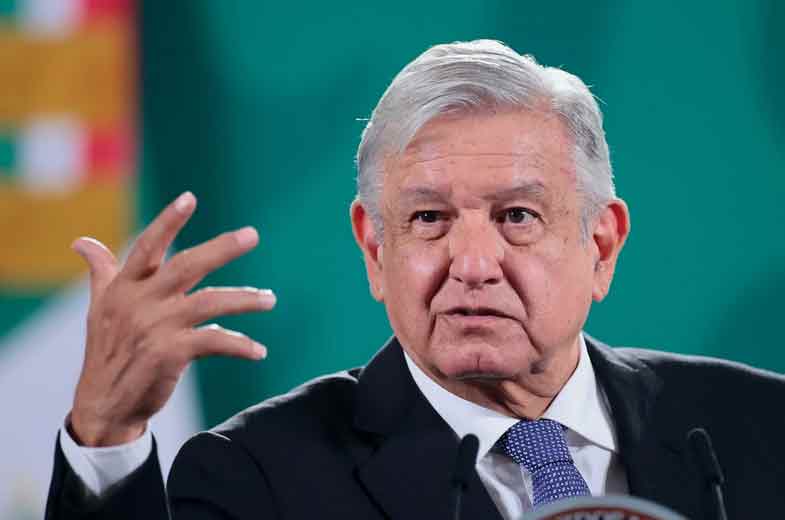From the beginning, the President of the United States, Joe Biden, defined his interest in the meeting focusing on his pressing issues: migration, integration favorable to reconverting the car industry, climate change, clean energy development and drug trafficking.
He agreed on those objectives with his colleague, Canadian Prime Minister, Justin Trudeau, for whom it’s a priority to put the lithium that abounds in Mexico at the disposal of the common industry. For both, any other point dealt with would be something unimportant.
Concerning the energy reform that Mexico intended to put forward and that the political opposition with Washington’s and Ottawa’s support managed to thwart, it was excluded from the agenda, but was somewhat present because it’s part of climate change.
Several hours before the meeting began, the White House published the Summit’s agreements: climate change, drug trafficking, migration, health and others, something unusual.
The Mexico-U.S. bilateral meeting already revealed the distance between one side and the other when Biden ignored López Obrador’s three continental integration proposals, investment programs in Latin America and the Caribbean and sovereignty.
The U.S. head of state openly answered that drawing attention to only one region was not his Government’s objective and didn’t refer to the issue any further.
The same occurred in messages to the media. Biden generalized relations with the rest of the Americas but was careful to praise Mexico, while Trudeau only talked about Haiti because he was asked.
For his part, López Obrador upheld his stance and the initiative to set up a 12-member strong group, made up of four for each country, to come up with import replacing proposals.
Taken from Orbe
By Luis Manuel Arce, Chief Correspondent/Mexico City
jg









